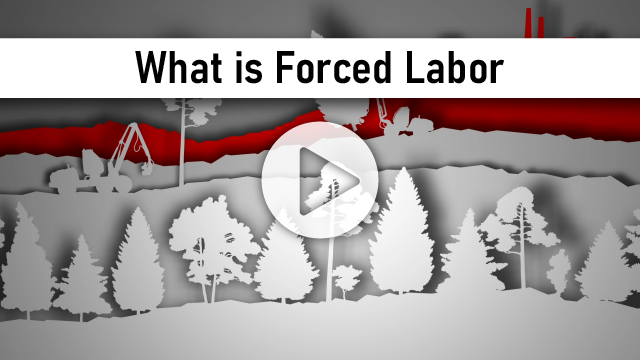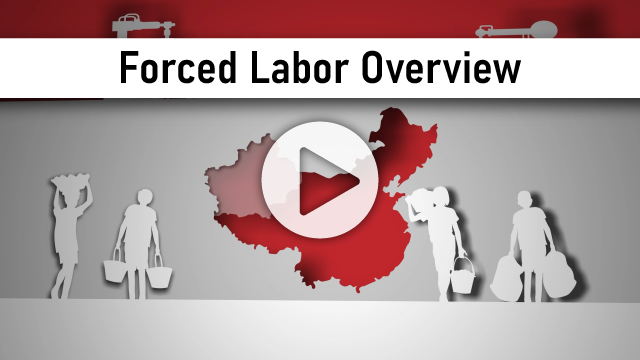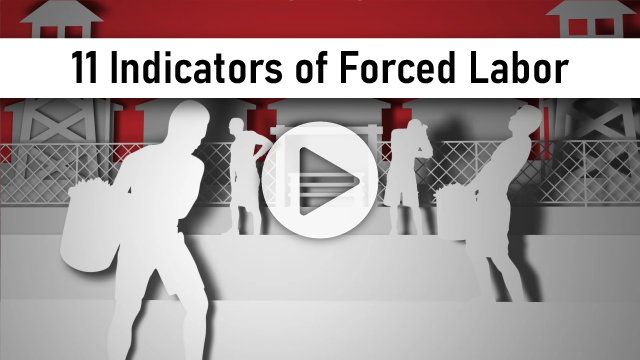
Eliminating the use of forced labor globally requires partnerships at both the public and private level. Laws and policies in the U.S. and abroad, as well as informational engagements and sharing of best practices, are all means of building a “whole of society” approach to eliminate the use of forced labor globally. CBP is committed to educating its global partners and sharing best practices regarding enforcement, due diligence, supply chain tracing, and more.

Forced labor laws passed by foreign governments

Recent Engagements / Events
-
Forced Labor Technical Expo - Mar 2023
-
CTPAT-Forced Labor - Jan 2023
-
Forced Labor 101 - Jan 2023
Our Partners
Domestic and International Importers and Businesses
CBP encourages American and foreign retailers to have a thorough understanding of their supply chains, beyond their direct suppliers.
Non-Governmental Organizations
CBP depends on non-governmental organizations around the world to provide critical information and details for forced labor allegations.
Partner Government Agencies (domestic and foreign governments)
CBP relies on multiple Partner Government Agencies for the information and resources required to investigate.
Consumers
Consumers can support CBP’s fight against forced labor by educating themselves through publicly available reports and information .
Bureau of International Labor Affairs (ILAB) Reports

Department of Labor’s ILAB has published reports on child labor and forced labor, as well as research to expose child labor and forced labor risks throughout supply chains.









